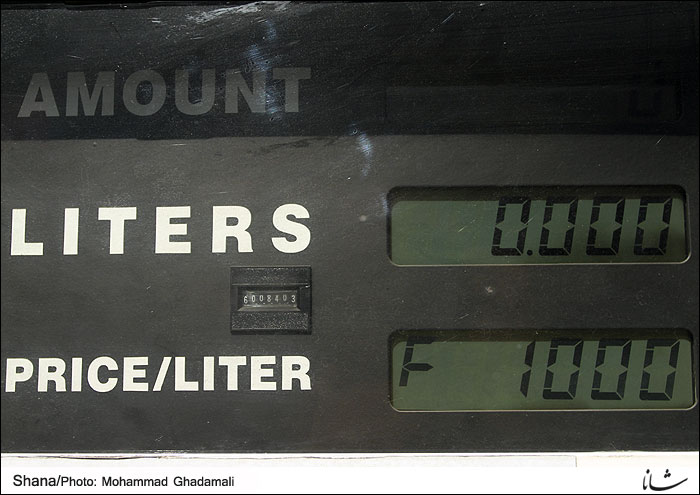The first phase of the subsidy reform plan kicked off in December 2010, when prices of staple foods and utility bills, as well as gasoline, soared overnight.
In the second phase of the plan, subsidized gasoline, available to each motorist in limited amounts, rose from 4,000 rials ($0.16, using the central bank's official exchange rate) per liter to 7,000 rials ($0.28).
The price for gasoline sold outside that ration rose from 7,000 rials to 10,000 rials per liter. Diesel and compressed natural gas prices also rose.
And under the government’s newly announced measures, the price of semi-subsidized diesel will increase from 1,500 rials to 2,500 rials per liter, a 60 percent hike.
The cost of electricity and domestic gas went up by 25 percent earlier this year as part of the same plan.
The government’s goal is to eventually liberalize all energy prices and reduce energy consumption, which far surpasses the global average.
The plan was devised to release government money for production and infrastructure projects in order to improve efficiency and bolster the economy.
On Friday, the reaction on the streets was mostly muted, and no violence or protests were reported.
"We have made preparations in the past two months to implement the second phase of the smart subsidies plan," Interior Minister Abdolreza Rahmani Fazli told the IRNA news agency on Thursday.
President Hassan Rouhani has admitted that the price hikes will increase the cost of living, at least in the short term, although the country’s official inflation rate has fallen steadily since he took office last August.
Rouhani's predecessor, Mahmoud Ahmadinejad, launched the first phase of the subsidy cutting program in December 2010.
The Washington-based International Monetary Fund is among the global institutions recommending that Iran reform the subsidy programs implemented under Ahmadinejad.
The IMF estimates that Iran’s economy shrank by 1.7 percent in 2013, the second straight year of contraction after the United States and its allies imposed sweeping sanctions as punishment for Tehran’s civilian nuclear activities.

TEHRAN Times: The Iranian government announced petrol price hikes as high as 75 percent, which took effect as the clock stuck midnight to begin Friday, April 25, as part of the second phase of the subsidy reform plan.
News ID 215895

Your Comment